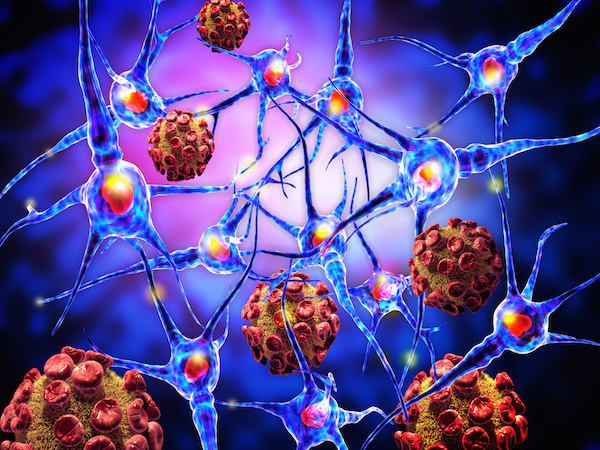
MONDAY, Sept. 24 (HealthDay News) — The chemical bisphenol A could possibly disrupt a woman’s reproductive system and lead to chromosome damage in eggs, miscarriages and birth defects, a study conducted with rhesus monkeys suggests.
Bisphenol A (BPA) is found in many consumer products, including plastic bottles, the linings of aluminum cans and other types of food packaging. Earlier studies have suggested possible links between BPA and a variety of conditions, including heart disease, cancer and obesity in children.
In this study, researchers exposed pregnant rhesus monkeys to single daily doses of BPA and low-level continuous doses of the chemical to see how the reproductive systems of female fetuses were affected. Rhesus monkeys have the most human-like reproductive system.
The study was published Sept. 24 in the journal Proceedings of the National Academy of Sciences.
In the earliest stage of the adult monkey’s egg development, the egg cell did not divide properly. The researchers noted that a fertilized egg with the wrong number of chromosomes rarely comes to term, leading to miscarriage or birth defects.
In monkeys exposed continuously to BPA, their fetuses’ eggs were not packaged appropriately in follicles, the structures in which they develop. Eggs need to be packaged properly to grow, develop and mature, the researchers explained.
“That’s not good because it looks to us like you’re just throwing away a huge number of the eggs that a female would have,” study author Patricia Hunt, a geneticist at Washington State University in Pullman, Wash., said in university news release. “It raises concerns about whether or not she’s going to have a really short reproductive lifespan.”
The study adds to previous work by Hunt and other researchers that found BPA caused widespread reproductive problems in rodents.
“The concern is exposure to this chemical that we’re all exposed to could increase the risk of miscarriages and the risk of babies born with birth defects like Down syndrome,” Hunt said.
Scientists note, however, that research with animals often fails to provide similar results in humans. And although the new study found an association between BPA and reproductive damage, it did not prove a cause-and-effect relationship.
More information
The Environmental Working Group has more about BPA.

